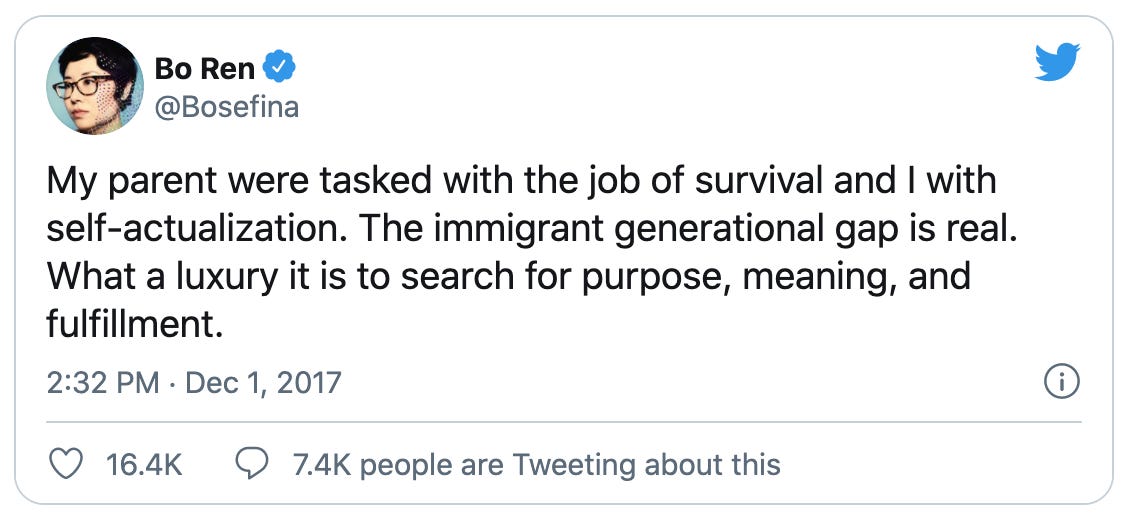
'Where Should I Live?'

According to Putnam, the more we prioritize our private bubbles over public life, the more we disconnect from our local surroundings. This has weakened American democracy. Fewer people are engaged in politics, and those who do are often at the political poles. With less social capital, our neighborhoods are connected by fewer informal, reciprocal t... See more
Americans used to live within “place-based networks” of clubs, churches, schools, commerce, and recreation that overlapped, wrapping individuals in social support. Local networks protected individuals from isolation and loneliness.
Those networks have largely disappeared, replaced by networks based outside the local community. We shop and interact ... See more
Those networks have largely disappeared, replaced by networks based outside the local community. We shop and interact ... See more
Why we need to design community into neighborhoods
